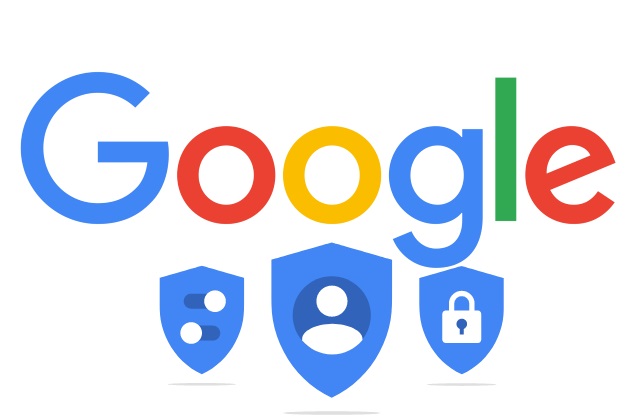Google quietly relegates 'Don't be evil' from its Code of Conduct

For a long time, the words "don't be evil" were associated with Google. While not an official motto as such, the words were heavily ingrained in the company.
Google's method of operating has caused many people over the years to question the phrase, and when the company was re-organized under Alphabet the motto became "do the right thing". Nonetheless, in the Google Code of Conduct which is given to employees, "don't be evil" remained -- until just a few weeks ago when it was quietly relegated.
See also:
- Google will require OEMs to provide regular Android security updates
- Google explains its handling of user data ahead of GDPR and reveals new privacy policy
- Google Drive gets a major redesign to match the look of the new Gmail
The change was noticed by Gizmodo, and while it's not known exactly when Google made the alteration, it happened sometime between late April and early May this year. It was spotted by comparing the current Google Code of Conduct page with older versions that have been archived by the Wayback Machine.
As Gizmodo notes, if you check the archived version of the Code of Conduct from April 21, it reads:
"Don't be evil." Googlers generally apply those words to how we serve our users. But "Don't be evil" is much more than that. Yes, it's about providing our users unbiased access to information, focusing on their needs and giving them the best products and services that we can. But it's also about doing the right thing more generally -- following the law, acting honorably, and treating co-workers with courtesy and respect.
The Google Code of Conduct is one of the ways we put "Don't be evil" into practice. It's built around the recognition that everything we do in connection with our work at Google will be, and should be, measured against the highest possible standards of ethical business conduct. We set the bar that high for practical as well as aspirational reasons: Our commitment to the highest standards helps us hire great people, build great products, and attract loyal users. Trust and mutual respect among employees and users are the foundation of our success, and they are something we need to earn every day.
So please do read the Code, and follow both its spirit and letter, always bearing in mind that each of us has a personal responsibility to incorporate, and to encourage other Googlers to incorporate, the principles of the Code into our work. And if you have a question or ever think that one of your fellow Googlers or the company as a whole may be falling short of our commitment, don't be silent. We want -- and need -- to hear from you.
Compare this to the current version of the document, which the Wayback Machine first archived on May 4:
The Google Code of Conduct is one of the ways we put Google's values into practice. It's built around the recognition that everything we do in connection with our work at Google will be, and should be, measured against the highest possible standards of ethical business conduct. We set the bar that high for practical as well as aspirational reasons: Our commitment to the highest standards helps us hire great people, build great products, and attract loyal users. Respect for our users, for the opportunity, and for each other are foundational to our success, and are something we need to support every day.
So please do read the Code and Google's values, and follow both in spirit and letter, always bearing in mind that each of us has a personal responsibility to incorporate, and to encourage other Googlers to incorporate, the principles of the Code and values into our work. And if you have a question or ever think that one of your fellow Googlers or the company as a whole may be falling short of our commitment, don't be silent. We want -- and need -- to hear from you.
There is still a passing reference to the old "motto" in the final line which reads:
And remember... don't be evil, and if you see something that you think isn't right -- speak up!
What is also interesting is that Google's revision note at the bottom of the Code of Conduct says that the document was "last updated April 5, 2018". This is clearly not the case, as demonstrated by the archived versions of the page.
